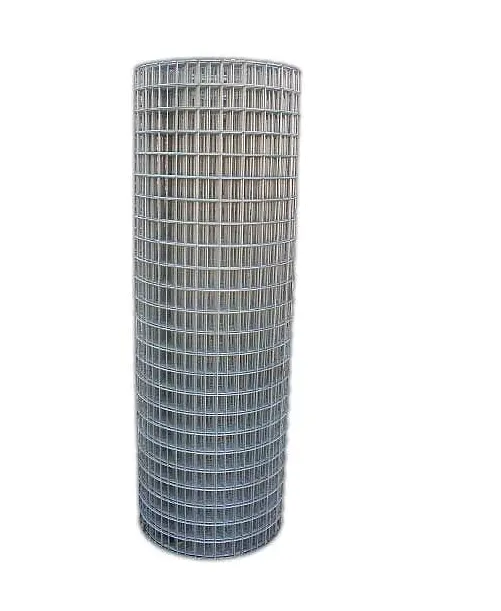Warranty or guarantee options for wire mesh used in bird cages can vary depending on the manufacturer, supplier, or specific product.
However, here are some common aspects covered in warranties or guarantees:
- Material Defects: Many warranties cover defects in the wire mesh material itself, such as premature rusting, corrosion, or breakage that occurs within a specified timeframe from the date of purchase.
- Workmanship: Guarantees may cover issues related to the manufacturing process, ensuring that the wire mesh was properly assembled, welded, or coated without any structural faults or defects.
- Corrosion Resistance: Some warranties specifically guarantee a certain level of corrosion resistance for the wire mesh against environmental factors under normal use.
- Durability: Guarantees might cover the overall durability of the wire mesh, ensuring it maintains its structural integrity and functionality for a specified period.
- Compliance: Certain warranties guarantee that the wire mesh used in bird cages meets industry standards, safety regulations, or specific requirements for bird housing.
- Specific Conditions: Warranties might stipulate conditions that could void the warranty, such as improper installation, misuse, or modifications made to the wire mesh or cage structure.
- Limited Lifetime Warranty: Some manufacturers offer limited lifetime warranties that cover the wire mesh for the lifetime of the original purchaser, often subject to terms and conditions.
It’s essential to thoroughly review the warranty or guarantee provided by the manufacturer or supplier before purchasing wire mesh for bird cages. Understand the coverage, limitations, duration, and any necessary steps or conditions required to claim warranty benefits. Additionally, keeping records of purchase receipts, adhering to recommended maintenance procedures, and following installation guidelines can help ensure the validity of warranty claims, should any issues arise with the wire mesh used in bird cages.
How does the cost of wire mesh for bird cages compare to other materials available for similar cage applications?
The cost of wire mesh for bird cages compared to other materials for similar cage applications can vary based on several factors:
- Material Type: Wire mesh often offers a cost-effective solution compared to solid materials like stainless steel panels or acrylic sheets commonly used in constructing bird cages.
- Customization: The cost of wire mesh for bird cages can be influenced by customization options such as wire gauge, mesh size, coatings, and finishes. Extensive customization may affect the overall cost.
- Durability: While the initial cost of wire mesh might be lower than some solid materials, its durability and longevity contribute to cost-effectiveness over time. Wire mesh often requires minimal maintenance and can withstand wear and tear,wire mesh for bird cages potentially reducing long-term replacement or maintenance costs.
- Installation: The ease of installation and lightweight nature of wire mesh can lead to cost savings compared to heavier materials that require specialized handling or equipment for installation.
- Size and Complexity: The size and complexity of the cage design impact the cost. Larger cages or those with intricate designs might incur higher material and labor costs, regardless of the material chosen.
- Environment-Specific Considerations: The suitability of the material for specific bird species or environments also affects cost. Some materials might require additional treatments or coatings for particular environmental conditions, influencing overall expenses.
- Aesthetic Preferences: The cost might vary based on the aesthetic preferences of the buyer. Customized wire mesh designs or finishes could impact the overall cost compared to basic or standard mesh options.
In summary, wire mesh for bird cages often offers a cost-effective solution, especially for standard-sized cages or when considering durability and maintenance over time. However, the specific cost comparison depends on factors such as customization needs, material quality, installation complexity, long-term maintenance requirements, and specific environmental considerations, all of which should be considered when evaluating the overall cost-effectiveness of wire mesh compared to other cage materials.
